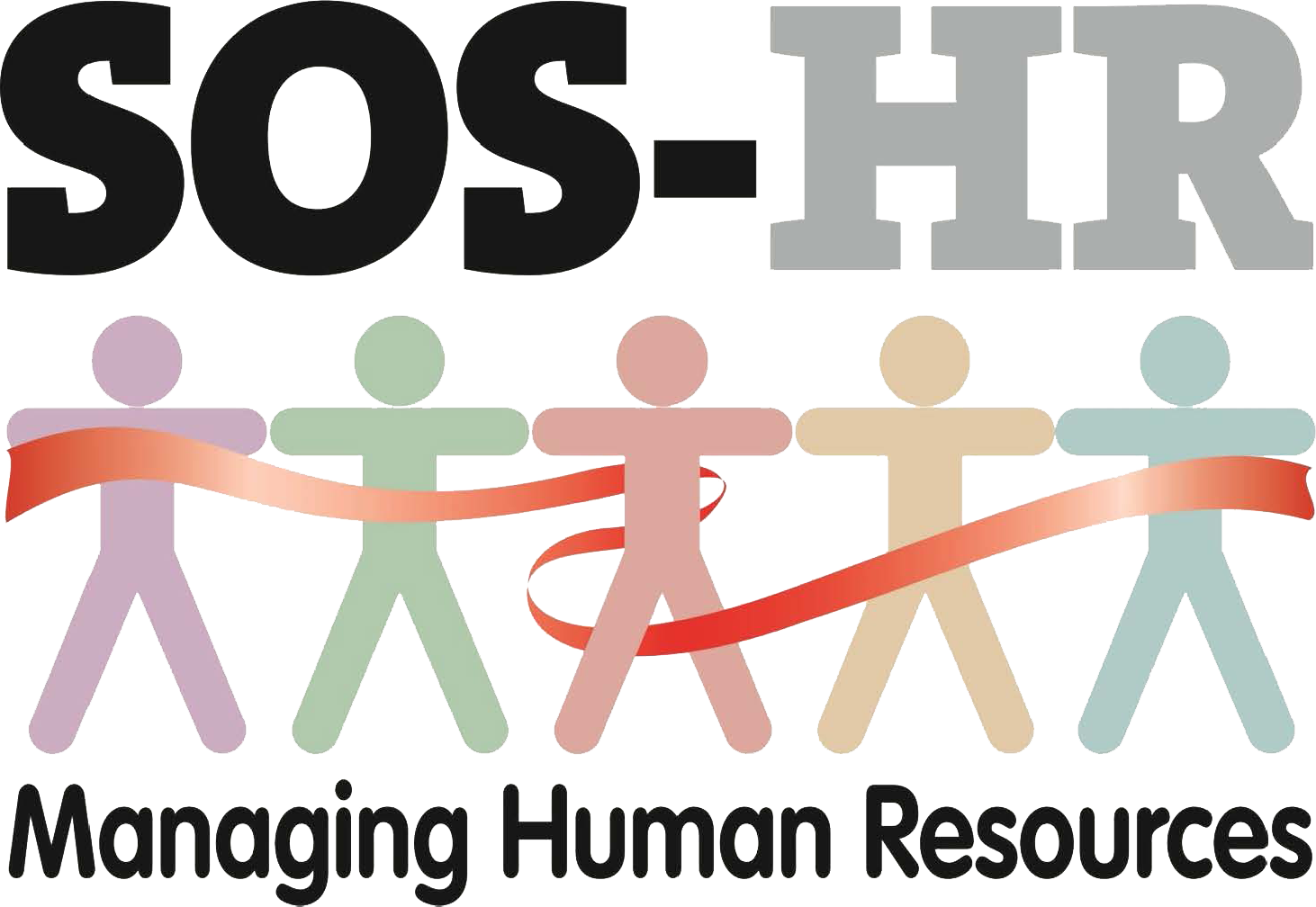Modern Slavery and Human Trafficking Prevention
The month of January recognises several awareness events from Veganuary, Dry January, National Mentoring, Walk your Dog, and National Slavery & Human Trafficking Prevention month. Whilst all have merit, in this article we focus on the prevention of modern slavery and human trafficking and aim to raise awareness about these issues.
What is modern slavery, how does it affect your business, and how can HR help you manage your responsibilities?
Slavery in the 21st century is defined as when an individual is exploited by others for personal or commercial gain. The types of slavery are wide ranging and include forced labour, domestic servitude, sexual or criminal exploitation, child marriage and organ harvesting. Whilst modern slavery can happen to anyone it is often the vulnerable and immigrants that are targeted. Quite often men, women and children are hidden in plain sight, controlled, or held captive, threatened and/or punished to stop them from escaping or reporting their situation. The threats are often violent but not always. When the individual is a migrant the threat to report the victim’s immigration status and have them deported is often used.
Human trafficking is when people are brought to or moved around the country. The victims are often recruited with promises of better paid jobs, a good life, a place for a child in school. It is the trade of humans who are then for forced into work or sexually exploited, made to do things they do not wish to do for little money and poor living conditions.
Since the introduction of the Modern Slavery Act in 2015, the office of National Statistics reports an increase in the number of calls and submissions and recorded offences are up. The National Crime Agency (NCA) had just under 8000 referrals for modern slavery and human trafficking in the year ending December 2022 which is an increase of over 10%. The NCA works to protect vulnerable people, and this is led by the Modern Slavery Human Trafficking Unit (MSHTU). In April 2019, The Home Office assumed responsibility for all areas of the National Referral Mechanism (NMR) which is a framework for identifying and supporting victims of these crimes.
So as an employer what can you do?
The Modern Slavery Act 2015 placed a duty on large organisations with a turnover of at least £36 million per year to produce a business statement on how they tackle modern slavery and human trafficking within their own organisation and supply chains.
Many SMEs now also choose to do the same and have a policy statement and procedure in place. You may be asked to provide your prevention policy statement and procedure when applying or bidding for contracts for work to show your awareness, conformity and commitment. A robust policy can confirm accountability and assurance, help you win Global Supply Chain contracts, assist with Third Party screening and monitoring, aid with staff training, and underpin your recruitment policy pledge in being a fair employer.
When engaging new employees, recruit responsibly and carry out the right to work in the UK check. Under the Immigration, Asylum and Nationality Act 2006, this check establishes that an individual has the right to live and work in the UK. It is a criminal offence to employ a person that has not been granted leave to enter or remain in the UK, whose leave is invalid, or has ceased to have effect, or is subject to a condition preventing them from accepting employment.
Comply with all statutory pay requirements including the national minimum wage. Monitor hours of work and pay. Adopt and produce policies and procedures that set the minimum standard of fairness that your workplace follows.
If you suspect exploitation report it. The Modern Slavery Helpline number is 08000 121 700 or contact the police on 101.
For further HR advice or guidance please contact SOS-HR 01473 276170 or email us at soshr@sos-hr.co.uk
